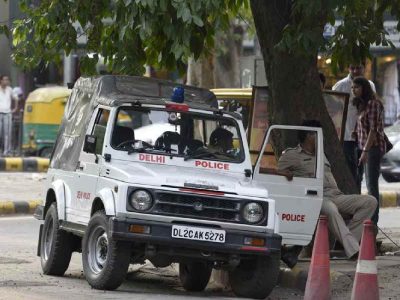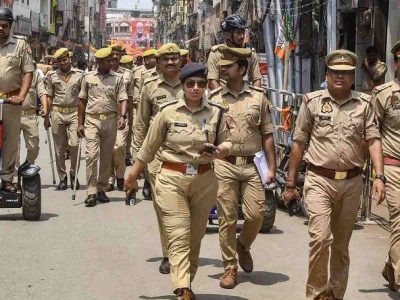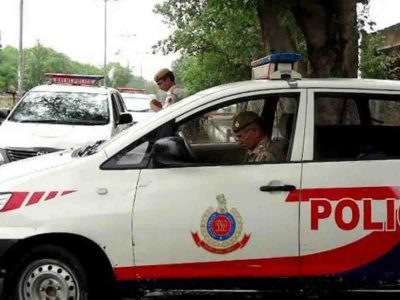Fifteen dedicated cyber police stations have been established in each district of the national capital to address the evolving trends in cybercrime, as informed by the city police to the Delhi High Court.
In response to a Public Interest Litigation (PIL), the Delhi police have conveyed that individuals can easily report cybercrimes through online channels or by dialing the helpline number ‘1930’, which operates round-the-clock.
The Central government, in its reply, has stated that states and union territories have the responsibility to conduct awareness programs to educate the public about the implementation of cyber laws.
These responses were provided in the context of a PIL that sought the enforcement of relevant provisions of the Information Technology Act whenever a complaint is made regarding a cybercrime.
The Delhi police have explained that based on the specifics of each case, some incidents are registered exclusively under the Information Technology (IT) Act, while others involve the incorporation of relevant sections of the Indian Penal Code (IPC).
The city police further pointed out that traditional laws such as the IPC can be utilized to address various cyber-related offenses, including hate speech, stalking, online recruitment for terrorist activities, and dissemination of deceptive messages.
“It is important to note that many offenses under the IT Act are bailable, whereas the IPC entails stricter punishments. Delhi Police thoroughly evaluates the circumstances of each case before taking appropriate action,” the response, presented by Delhi government standing counsel Santosh Kumar Tripathi, emphasized.
The police clarified that some cases are registered solely under the IT Act, while others involve a combination of the IT Act and the Indian Penal Code (IPC), depending on the particulars of the case. This comprehensive approach ensures that the legal framework adequately addresses the nature of the offense and provides suitable remedies.
In order to combat emerging cyber trends, the city police have established 15 cyber police stations in each district of Delhi, the response added.
The Cyber Crime Unit has been renamed as the Intelligence Fusion & Strategic Operations Unit, which is tasked with generating intelligence and conducting operations to counter new cybercrimes.
Any complaint-based First Information Report (FIR) is promptly shared with the relevant financial institution within 24 hours. This allows banks and wallets to have legitimate grounds for freezing funds. Additionally, mobile numbers and International Mobile Equipment Identity (IMEI) linked to cybercrimes are reported to the Department of Telecommunications (DoT) for blocking.
The response also highlighted that the Delhi police have entered into a Memorandum of Understanding (MOU) with Truecaller to identify fake numbers, assigning a green badge to verified police personnel numbers and a blue tick mark to verified government service numbers.
Efforts have been taken to mitigate cybercrime and enhance coordination with foreign security and intelligence entities, the response noted.
Responding to the PIL, the Ministry of Electronics and Information Technology stated that adjudicating officers have been appointed in each state or union territory to handle violations of IT Act provisions and decide on claims and penalties. It is the responsibility of respective State/UTs to provide dedicated infrastructure and online presence for the effective functioning of these adjudicating officers.
The city police informed the court that Cyber UDAY 2.0 (Universal Direct Awareness in Youth) was launched in October 2022 by the Delhi Lieutenant Governor. This initiative aims to educate 26,000 students in schools and colleges about cybercrime and prevention.
Furthermore, an e-book titled “Cyber Swachhta for Citizens” was introduced by the lieutenant governor to create awareness through various social media platforms.
The petitioner, Ananya Kumar, a PhD scholar, argued in her PIL that various provisions of the Information Technology Act, 2000 were not being effectively implemented, leading to wastage of resources spent on establishing and operating special cyber police stations. The petitioner called for the enforcement of these provisions and mass awareness about the roles of adjudicating officers appointed under the IT Act.
(With PTI inputs)





